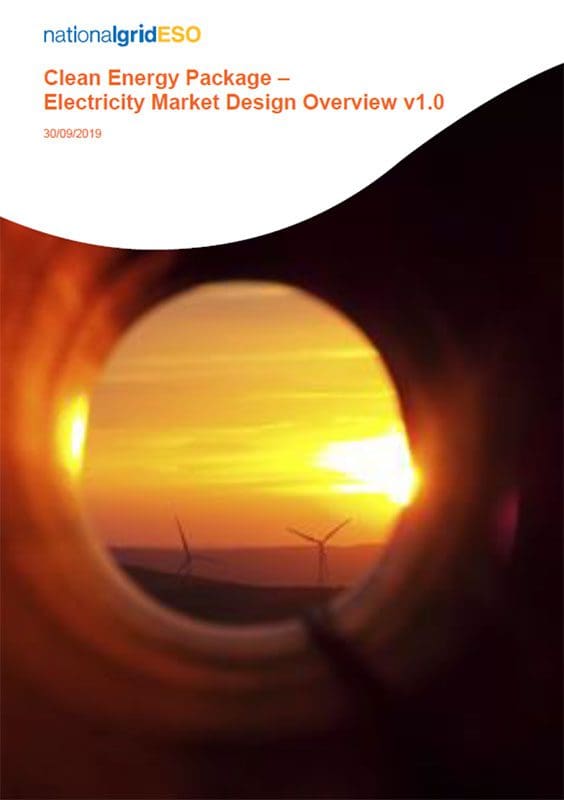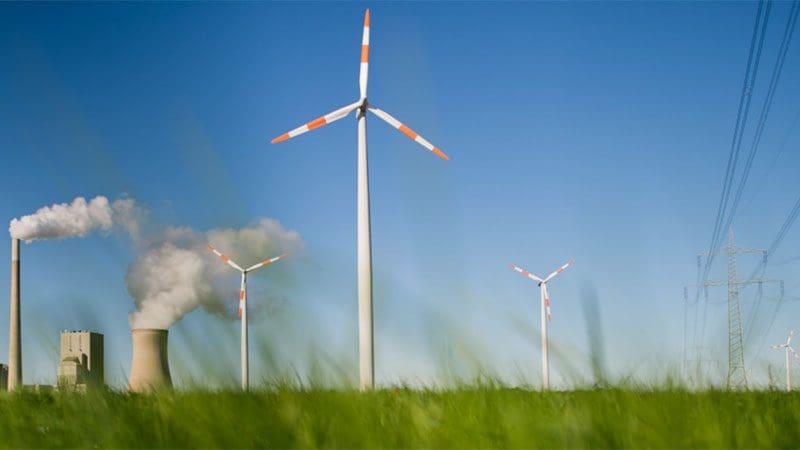Since privatisation, the only major capital investment into infrastructure-scale plant and equipment that was not planned before privatisation has been undertaken under special financial instruments (ROCs, OFTOs, CATOs, CfDs, CM etc.) that guarantee 15+ year contracts. (The Capacity Market failed to incentivise substantial amounts of new construction as it accounts for under 10% of required asset revenues, it is therefore used as a revenue top-up.) Each such instrument has rules and is therefore a market distortion. I note that 15-20 years is half the planned operational life of such assets.
A few years ago battery storage was accelerated by developing the EFR (Enhanced Frequency Response) instrument which gave a 4-year contract length – again, half the planned operational life of such assets.
While some short-duration contracts are beneficial for plants not requiring major capital expenditure, and such contracts help control prices for consumers, they are useless for plants requiring either construction or major refurbishment/upgrade: these need long- and medium-duration contracts respectively.
The results are easy to see, if only you look for them.
- Post privatisation, ministers trumpeted that this short term (mostly 2-year contracts) contracting market was delivering the continent’s second cheapest electricity; now it’s among the most expensive;
- At privatisation the grid and infrastructure-scale plant on it needed major replacement / refurbishment programmes; since then the average age of such assets has grown by almost a year every year because such replacement / refurbishment is not being done;
- At privatisation we were concerned to build interconnectors to export our surplus electricity; now we are obliged to import during times of system stress (high demand and/or low renewables generation) just to keep the lights on;
- Due to the lack of investment, the grid’s future is in doubt:
- FES scenarios consistently rely on technologies that have not yet been developed to a point at which they can be delivered at either the scale/cost/duration (e.g. CCS, batteries, DSR, V2G) or on-time/to-budget (e.g. nuclear). See the FES 2020 analysis summary – the full analysis is available here,
- It relies on non-inertial systems to deliver the inertia required by the system, paying for curtailment and other substantial actions and costing a forecast (by National Grid) £1bn p.a. by the 2030s – see The Lockdown – a Partial Test of the 2030s Grid – and also see Lessons for Europe from the August 2019 Blackouts,
- It is looking into hugely expensive and unnecessary actions to provide Distributed Re-Start capability – see Re-Starting Net Zero Grids.

These are in response to the European Union’s Clean Energy Package, adopted by European legislation in 2018-19. One of the few positives to arise from Brexit is our ability to turn away from such counter-productive legislation, so it is particularly puzzling why this government, regulator and grid operator are so hell-bent on implementing it.
There is a very simple, much better and vastly cheaper alternative way of regulating and contracting grid services. It can be implemented gradually, without big bang. And, by enabling us to diverge from European directives, its implementation may be one of the very few benefits that Britain can accrue from Brexit. Please see the proposal A 21st Century Electricity System.


